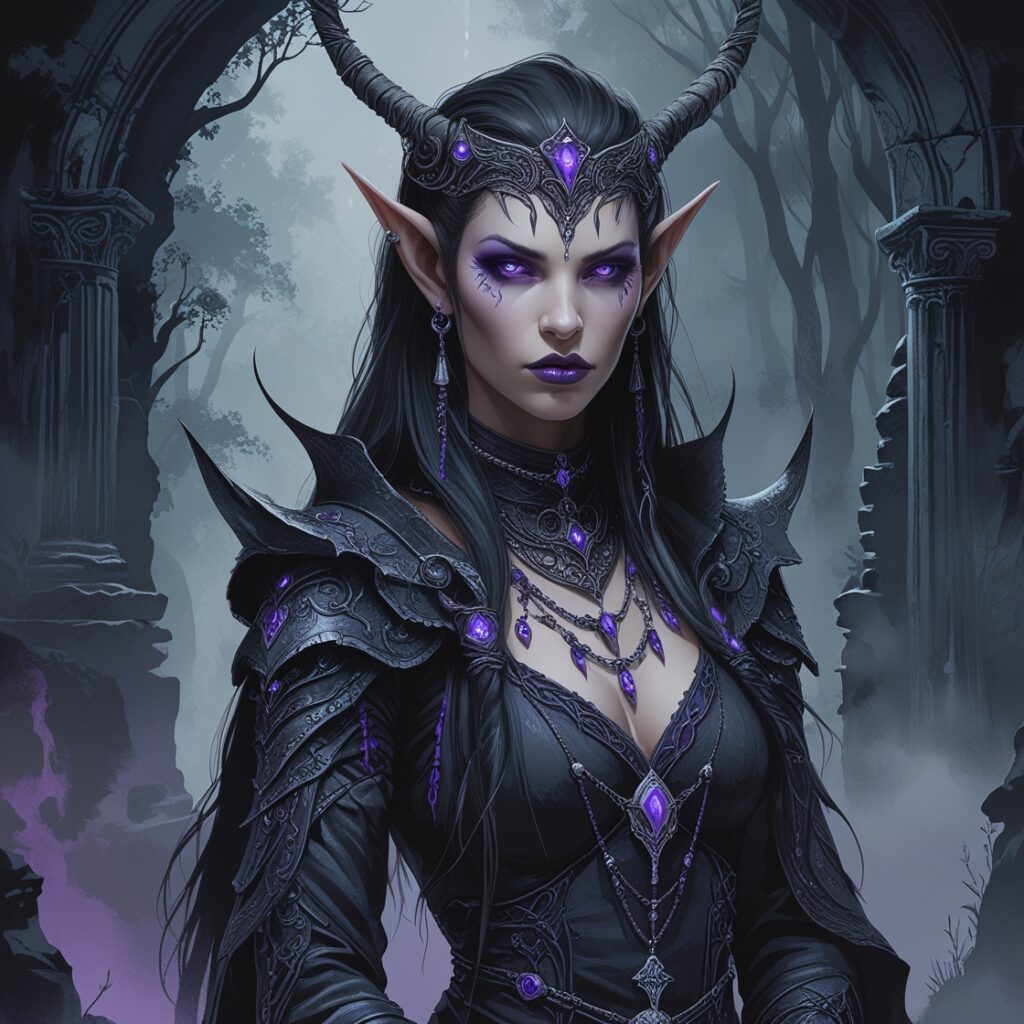Ever wondered how names like Haruto (sunlight) or Sakura (cherry blossom) carry such poetic resonance? Japanese names are more than just labels—they’re stories, cultural symbols, and expressions of identity. Whether you’re crafting a character for a novel, seeking a meaningful pseudonym, or simply curious about Japan’s linguistic beauty, a Japanese Name Generator offers a gateway to this rich tradition. Let’s explore why these tools captivate users worldwide and how they can inspire your next creative project.
What Makes Japanese Names Unique?
Japanese names blend elegance, history, and meaning. Unlike Western naming conventions, they often reflect nature, virtues, or ancestral hopes. For example:
- Sora (空) = Sky
- Hikari (光) = Light
- Ren (蓮) = Lotus
Names also follow a surname-first structure (e.g., Yamamoto Haruka), emphasizing family heritage. A Japanese Name Generator doesn’t just randomize words—it weaves cultural depth into every suggestion.
Why Use a Japanese Name Generator?
- Authenticity at Your Fingertips
No more guessing if “Kaito” or “Airi” suits your samurai protagonist or modern-day anime character. These tools draw from historical records, regional dialects, and trending names to ensure cultural accuracy. - Meaning Matters
Specify traits like “bravery,” “serenity,” or “wisdom,” and watch the generator pair kanji characters to match. Want a name that means “moonlit river”? It’s possible. - Flexibility for Every Need
Whether you’re designing a fierce shogun, a futuristic AI, or a Studio Ghibli-inspired heroine, toggle filters for gender, era (Heian period vs. 21st century), or rarity. - Learn as You Create
Many generators explain the kanji breakdowns and pronunciations, offering a mini-lesson in Japanese linguistics.
Who Benefits from a Japanese Name Generator?
- Writers & Gamers: Craft believable characters with names that resonate.
- Expecting Parents: Explore names for a child with Japanese heritage.
- Language Learners: Practice reading kanji and understanding name structures.
- Cosplayers & Roleplayers: Perfect your alter ego’s persona.
List of Japanese Names
| Japanese name | Japanese languages | Gender |
| Yuua Tamura | 田村優愛 | Female |
| Tsukika Kaji | 梶月香 | Male |
| Minase Takagawa | 高川みなせ | Female |
| Shunso Sugiura | 杉浦春三 | Male |
| Haru Higashiyama | 東山はる | Female |
| Terutaka Ookawa | 大川輝隆 | Male |
| Kae Nagai | 永井佳絵 | Female |
| Yoshinori Ohmiya | 大宮 良則 | Male |
| Yuya Ieyoshi | 家吉裕也 | Female |
| Takahisa Mori | 森貴久 | Male |
How to Choose the Right Generator
Not all tools are created equal. Look for:
✅ Kanji/Kana Options: Does it show both hiragana and kanji?
✅ Custom Filters: Can you sort by gender, syllables, or popularity?
✅ Cultural Context: Are meanings sourced accurately?
Try platforms like NameGenTool or Japanesename.jp for starters.
A Name That Tells a Story
Imagine naming a stoic warrior Kenshin (謙信 – “humble truth”) or a spirited traveler Aoi (葵 – “hollyhock flower”). With a Japanese Name Generator, you’re not just picking words—you’re honoring a legacy.
So, what story will your next name tell? Dive into the world of kanji, tradition, and creativity. Whether for a chatbot, a newborn, or your inner storyteller, the perfect Japanese name is just a click away.
FAQs for Japanese Name Generator
A Japanese Name Generator is an online tool that creates authentic Japanese names by blending cultural traditions, kanji meanings, and modern trends. It’s perfect for writers, gamers, parents, or anyone seeking a meaningful Japanese name.
These generators use algorithms to combine kanji characters (Japanese symbols) based on meanings, sounds, and cultural conventions. Users can often filter by gender, traits (e.g., “brave” or “peaceful”), or historical eras for personalized results.
Yes! Reputable tools source names from historical records, modern popularity rankings, and regional dialects to ensure cultural accuracy. Some even explain the kanji meanings and pronunciation guides.
Absolutely! Writers and creators rely on Japanese Name Generators to craft believable names for characters. For example, a samurai might be named Takeshi (武 – “warrior”), while a modern protagonist could be Haruka (遥 – “distant,” symbolizing ambition).
Yes, as long as you respect the culture. Many non-Japanese users adopt names for creative projects, language learning, or personal branding. Avoid stereotypes and research the name’s meaning to ensure it aligns with your intent.
Definitely! Most generators let you input traits like “wisdom” (chie 知恵) or “nature-inspired” (sakura 桜 – cherry blossom). You’ll receive names with kanji that reflect your chosen theme.
Japanese names follow a surname-first order (e.g., Yamamoto Kazuki). Surnames often reference nature or locations (e.g., Mori 森 – “forest”), while given names highlight virtues or aspirations.
While the names are culturally accurate, legal use (e.g., for official documents) may require registration in Japan. Always verify local laws if using a name for legal purposes.
Yes! Many generators provide the name in kanji, hiragana (phonetic script), and romaji (Romanized letters), along with audio clips for correct pronunciation.
Modern names often use simpler kanji or trendy sounds (e.g., Ren 蓮 – lotus), while traditional names may reflect historical eras (e.g., Nobunaga 信長, a famed samurai). Generators often let you toggle between styles.


















